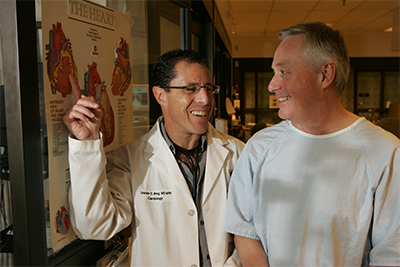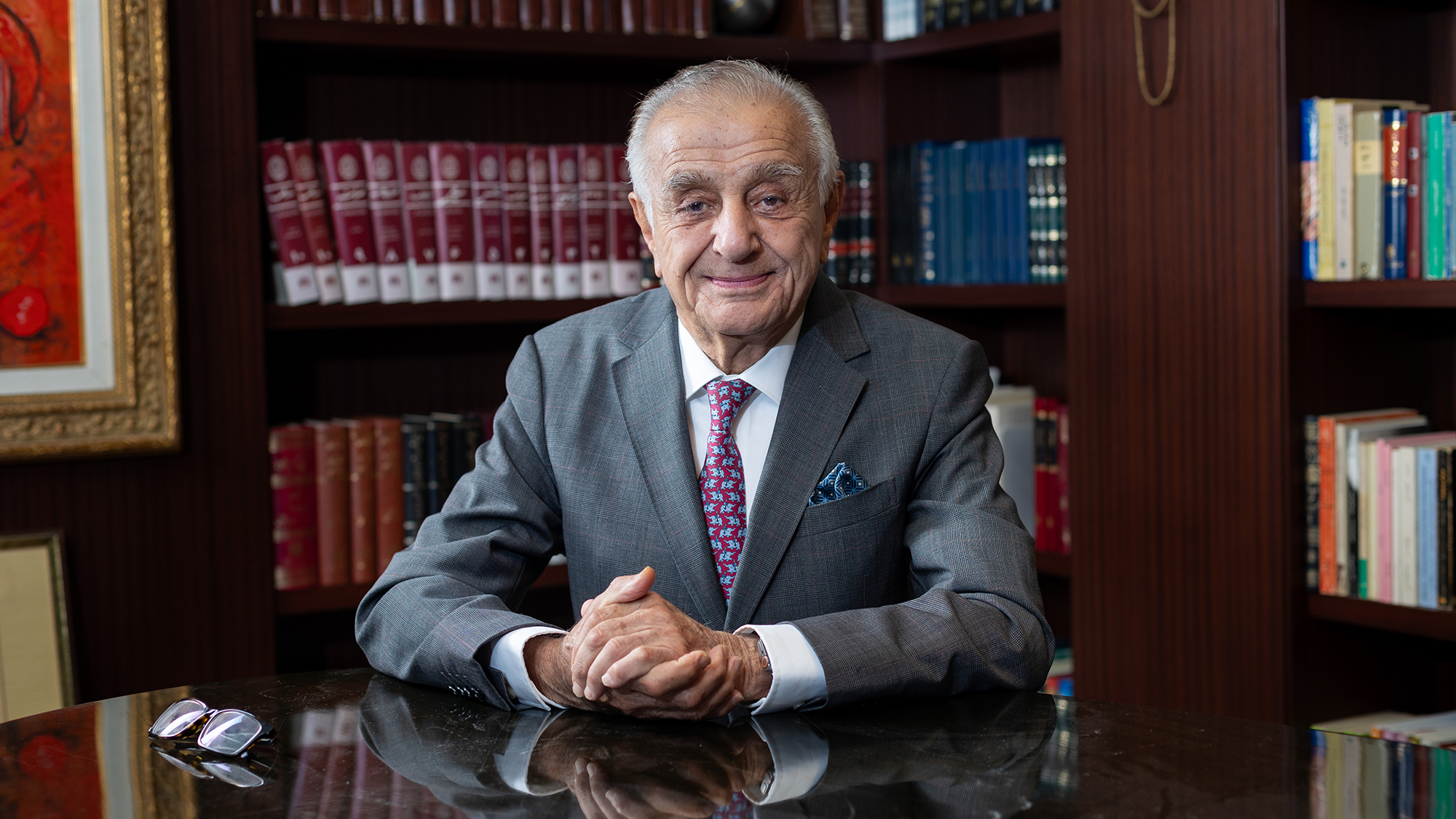
BY PAMELA FAYERMAN, VANCOUVER SUN JANUARY 21, 2014
In a heart attack, blood supply is blocked. When the heart suddenly stops functioning because of abnormal rhythms, it is called cardiac arrest.
Cardiovascular disease accounts for nearly a third of all deaths in Canada, but in the past decade, the cardiovascular death rate has fallen more than 40 per cent, due to advances in drug therapies, surgical techniques and prevention efforts.
Still, heart attacks are by far the most common cause of sudden cardiac death in middle-aged men, according to Dr. Saul Isserow, director of the Centre for Cardiovascular Health at Vancouver General Hospital.
Isserow, who is also medical director of UBC Hospital cardiology services and Sports Cardiology BC, said many heart attacks come as a complete shock.
“Unfortunately, this is not uncommon. In over 50 per cent of people with heart disease, the first presentation is either a heart attack or sudden cardiac death. Another way of saying this is that prior to one of those events occurring, half of all people have absolutely no cardiac symptoms.”
In sudden cardiac arrest, the heart abruptly and unexpectedly stops beating efficiently. Blood stops flowing to the brain and other vital organs, and death usually occurs within minutes if not treated promptly.
“The most common cause of death is an abnormality in the rhythm of the heart, either as a consequence of lack of blood supply to the heart muscle itself or because of a primary problem in the electrical system of the heart,” said Isserow.
“The most effective treatment, once it occurs, is bystander CPR and prompt treatment with a defibrillator, either an automatic one or one used by trained individuals such as trained ambulance or fire personnel.”
Reducing cardiovascular risk factors is considered the effective prevention approach. That entails regular exercise, a healthy diet, no smoking, and control over blood pressure, cholesterol and blood-sugar levels.
While it has been speculated that North Shore rescue team leader Tim Jones died of a heart attack, it is not known if he had a prior diagnosis of heart disease.
“Without knowing more details about his family history, risk factor profile (and other things), it’s impossible and inappropriate to opine on how much, if any, the impact his vocation in search and rescue had on his risk of this occurring,” Isserow said.
Isserow is leading a local research study on ways to detect heart abnormalities in those engaged in high-intensity athletic pursuits.
© Copyright (c) The Vancouver Sun
Help improve patient care and develop a heart disease prevention programs at VGH.
Share this:



